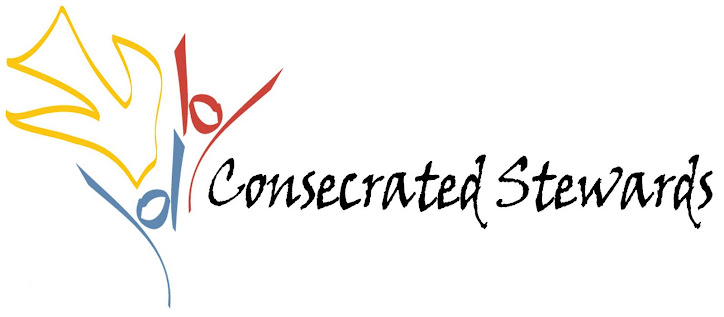
Consecrated Stewards suggests in the Fulfillment section of the manual that members be asked to begin their new commitments on “First Offering Sunday,” which is suggested to be the second Sunday after Consecration Sunday. What we are finding, however, is that some congregations that have a late November or early December emphasis have chosen to suggest, instead, that members begin their new commitments at the beginning of the new year.
This is probably not a practice we would want to encourage. The reasons: 1) It is better to keep the time of commitment and the time of action closer together. Let people act while their commitment and the reason for it is still fresh in their minds. A five or six week wait between commitment and action weakens the link. Our materials are never prescriptive to what an individual must do, but they do suggest an action while the commitment is still strong and fresh. 2) Moving the action time to the beginning of the calendar year may link the commitment to the church’s budget and the convenience of the financial reporting system rather than the person’s response to the grace of God. Consecrated Stewards makes a point of separating stewardship from the church’s needs and connecting it to our response to God’s grace in Christ. Why not set First Offering for Thanksgiving Day or Christmas Day rather than the beginning of a new calendar year? Do you catch the difference?
If, however, you have set a starting date of the beginning of the calendar year, be sure to remind people of that starting date. Do it in a way that reflects the gospel orientation of Consecrated Stewards rather than the budgetary needs or fiscal beginnings of the congregation. Some hints will be found in the Fulfillment section of the congregational manual. If some people have already begun their new commitments, it might be time for a stewardship witness from one of those people, or simply provide a stewardship witness of trust and hope as we begin a new year of uncertainty.
And please don’t forget that stewardship is a year round subject. Use your quarterly offering statements to include a mission based and grace oriented stewardship message, to thank people for their faithfulness, and to point out what God is doing through the ministry of your congregation at home and through global partnerships. Make use of the many hints that you will find on this blog and on the links listed to the right to help you keep whole life (time, talent, treasure and more) stewardship before your people all year long. Don’t try to cover all aspects of stewardship at once, and don’t limit yourself to a financial emphasis once a year. Plan ahead, and use the resources you will find here to plan other activities of stewardship of time, talent, environment, relationships, etc. at regular intervals throughout the year ahead





